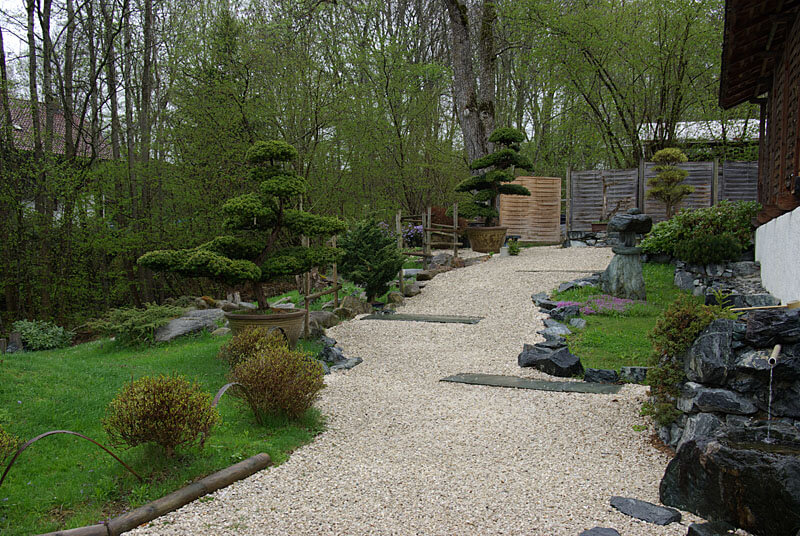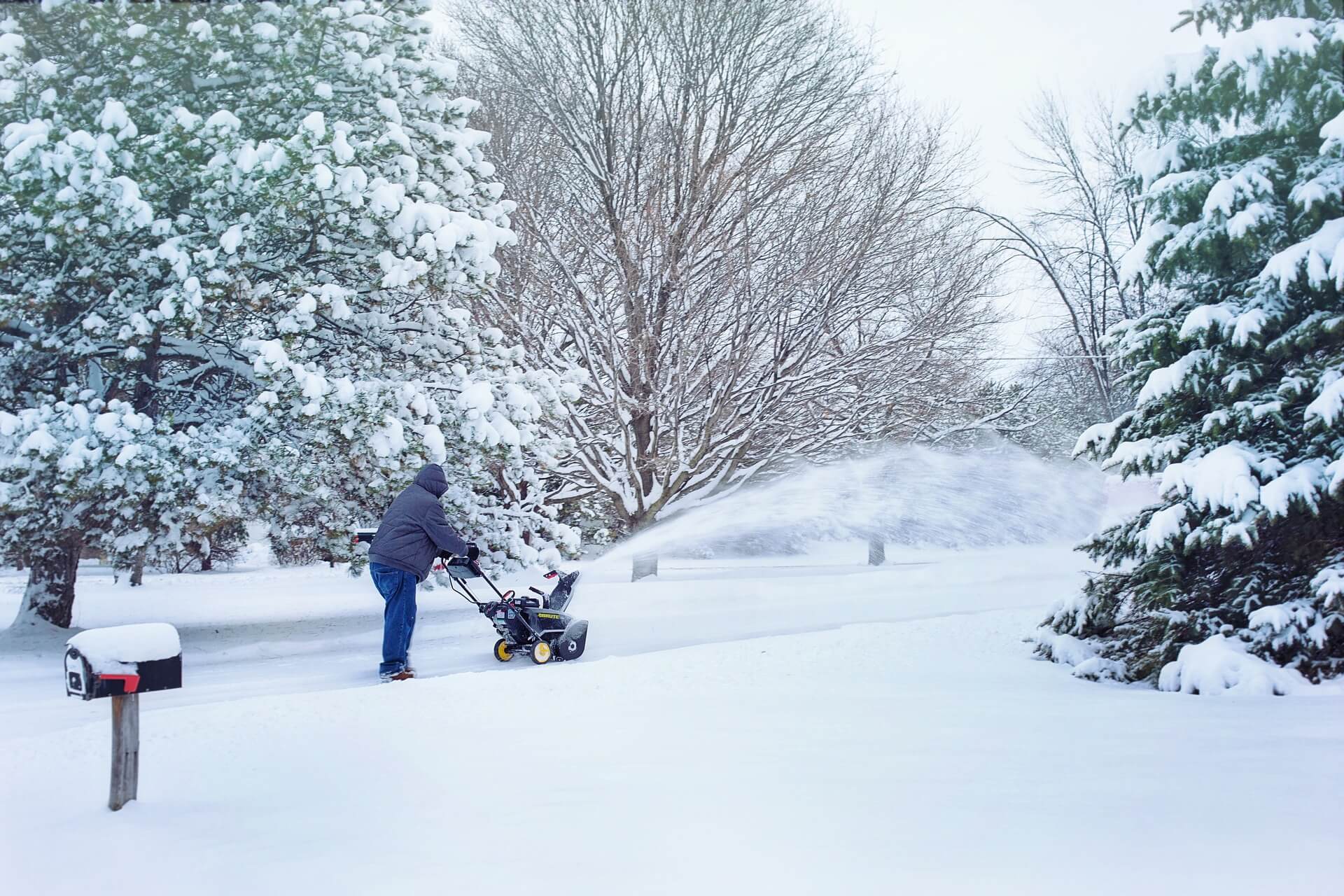
Landscaping Materials to Make Your Yard Work Pay Off
Your time spent in the yard may not necessarily be time well spent, especially if you don’t have the knowledge or the right landscaping materials. You may not have realized it yet, but landscape supplies can be a major cost in building and maintaining a yard. Besides that, landscaping requires a vast of knowledge to make things work. But regardless of the amount of hours you put in yard work, it won’t pay off if you’re trying to save on landscaping materials.
Just as no pizza goes without dough (spare me, cooking experts), no landscaper should ever feature poor-quality materials in their yard. However, that doesn’t necessarily mean that you should go in your local store and buy the most expensive materials. The point is not to get the most expensive materials, but the ones that meet your yard requirements best. To do so, first you need a well-thought plan, with priorities and goals clearly identified.
All the landscaping materials you choose have a direct impact on the appearance of your yard. For that reason, we list the materials you should never try to save on if you want a healthy and visually appealing yard.
Mulch
Although not mandatory, mulching is among the most crucial landscaping products you need. Being one of the best gardening habits you can implement, mulching can do wonders for your garden. Mulch is actually a protective barrier that helps the soil keep off unsuitable temperatures, as well as to hold the moisture to prevent your plants from drying out. It can also prevent soil compaction, which prevents yet another demanding chore (aeration).
There are many different types of mulch you can get, but basically, there are two types: organic and inorganic. Organic are derived from animal manures and plant materials, while inorganic mulch contains pebbles, gravel, and similar materials. Make your selection based on the time of year and climate conditions.
Soil
Good soil quality is also among the most important materials your landscape requires, yet it is often overlooked. The growth of your plants largely depends on the soil quality. If the soil is of poor quality, rest assured your plants won’t grow as big as you expect them to. Also, healthy soil can store and process more water.
When adding soil to your yard, choose soil of the same type you already have or type that will at least complement it. This way, you won’t damage the existing soil, as it will just mix up beautifully. If you want to build a whole new healthy and productive soil for your plants, you need to consider a few things, such as your location, climate conditions, plants requirements, etc.
Compost
Many landscapers underestimate the importance of using compost, while it is in fact the most eco-friendly way of making a yard flourish with beautiful plants. Composting is the process of turning leaves, grass clippings and other decomposed organic material into compost. Since compost is organic, it is a great protection against pests. Also, compost can improve your soil structure so your soil can have the perfect balance of air, water and nutrients. Investing in quality compost can turn out to be one of your smartest investments, as it does not only save you money on chemical fertilizers, but it also decreases the need for watering.
Gravel
Every landscape could use a gravel product, because it is something that can be featured in a variety of settings. Aside from its appearance-boosting ability, gravel is commonly used as a base for driveways. Gravel is mostly known for creating a hard-wearing path without breaking the bank. Regardless of your landscape style, gravel can fit just perfectly, as there are hundreds and thousands of types to choose from. What’s most important is to get gravel that suits your landscape style and the other elements in your yard.
Sand
Like gravel, there are many different types and uses of sand in landscapes. If one of your landscape’s purposes is to provide a playground for your children, you surely do need quality sand. The sand you choose should be mainly based on where you live. Sands come in different particle sizes and different colors, and that’s where you can get creative and mix it up a little. If you need sand to use as a paving base, you should go for coarse washed type.
Making these choices all by yourself can be hard, but that’s where we step in. We, at Sunset Landscaping, are ready to take over your responsibility and get you the landscaping materials to make your yard work pay off.

